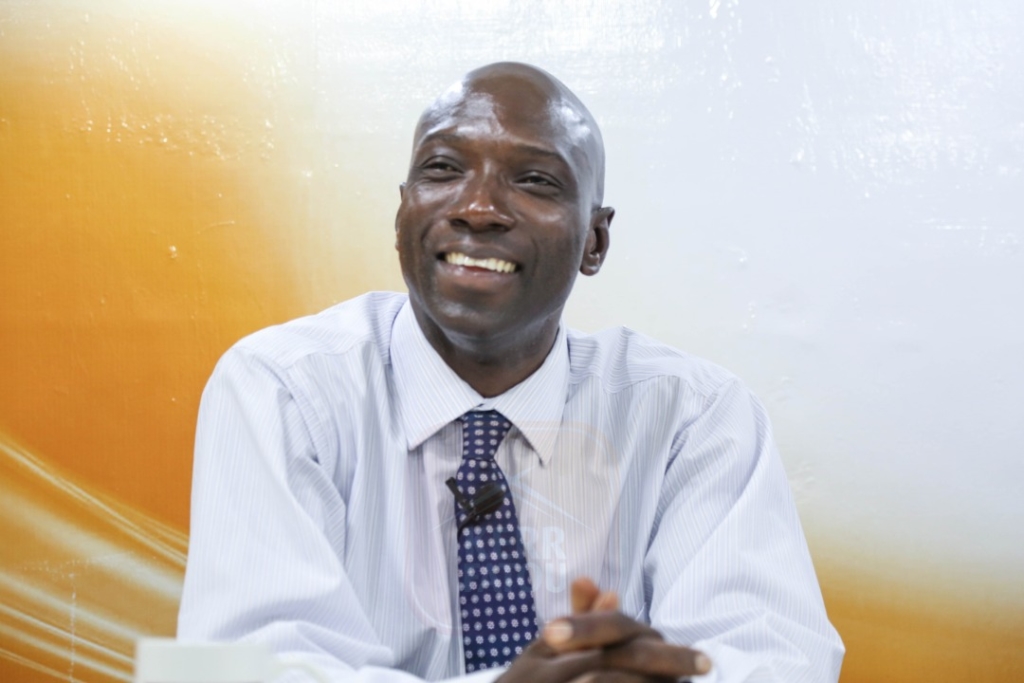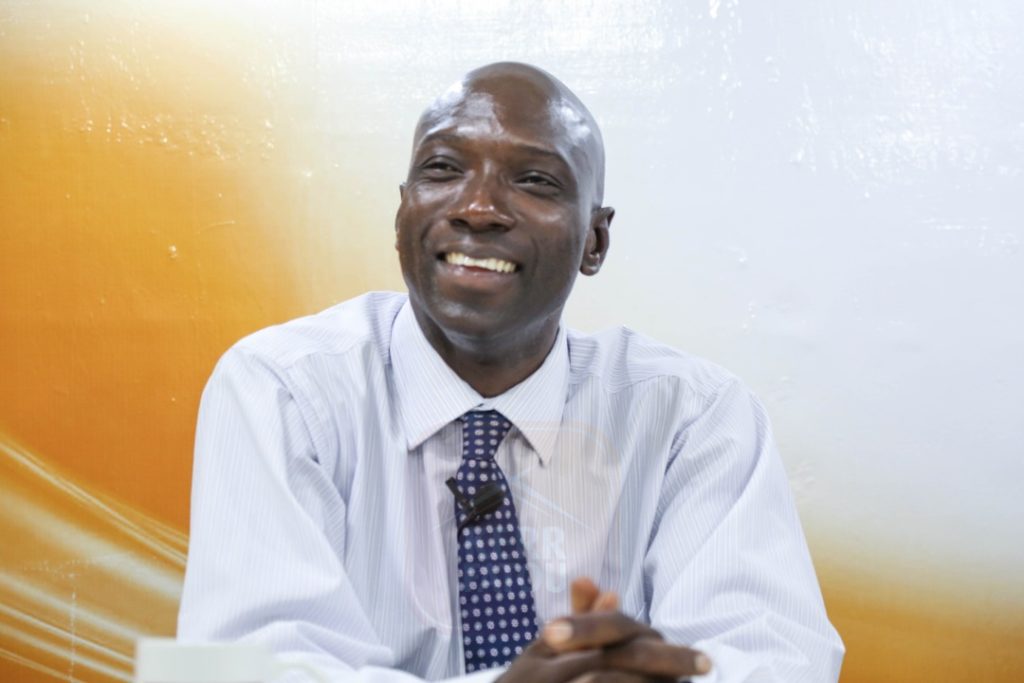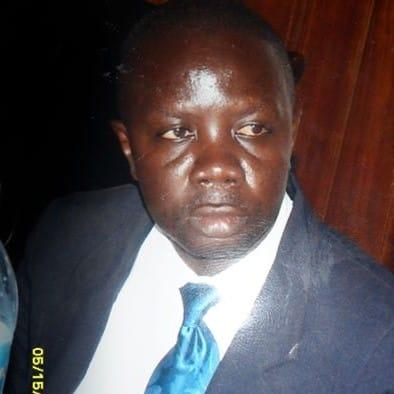Dr. Ousman Gajigo
A common misconception holds that we can achieve economic development if only donors would provide financial assistance. Donor assistance can indeed be important but rarely that decisive. The fact of the matter is that almost no country has developed through donors’ financing. After all, there are infinite ways in which funds can be wasted. The observed correlation between economic development donor assistance for many countries is a mirage that is obscuring the more fundamental role of another underlying factor.
In general, given the right conditions, donors are willing to help most countries. But that assistance would only continue if a country can demonstrate that it can use the resources well and implement reforms. As we may soon find out, donor pledges don’t mean anything when there are implementation failures. The Gambia coming out from under years of dictatorship has engendered goodwill among many of our partners but I hope the country realizes that the goodwill does not flow from an eternal spring.
If a country starts demonstrating that it can implement reforms and policies, it will attract aid and support from all corners. Rwanda is a key example. Many of that country’s development partners have overlooked certain undemocratic practices and continued to provide major assistance. This is because donors like to see that their assistance is producing meaningful results.
So a correlation between donor assistance and development can be observed such that one can conclude mistakenly that donor assistance is the cause of development. But in reality, it is the implementation efficiency that is attracting donor assistance, and their interaction leads to economic progress. In other words, Rwanda has been experiencing progress not necessarily because donor funds have been flowing into the country but because the Kagame-led government has been relatively efficient at utilizing those funds due mainly to having competent people in key positions of government.
The way economic development occurs is how effectively funds are used and how policies are implemented. And what determines efficient implementation is having the right individuals in the right positions. This means progress is not due to the quantity of aid received or the exquisiteness of the sector policy and strategy documents, which are often produced by outside consultants. Money and documents cannot substitute for competent officials.
Having the right individuals in the right positions in government does not just happen. It is determined by the leadership at the very top of the government recognizing the importance of talent and ensuring that key appointments are based on competence. The unavoidable factor when observing the differential development outcomes of countries is how effective the leadership is in recognizing, attracting and retaining talent.
Let’s contrast our country with that of Singapore, an Asian nation that Jawara’s government at one point sought to emulate but failed in doing so. The differences between the two countries today is so great that simply comparing their features may seem rather pointless. However, what I find illuminating are the autobiographies of the founding leaders of the two countries (“Kairaba” by Dawda Kairaba Jawara versus “From Third World to First” by Lee Kwan Yew), which tell us how different these leaders have been in recognizing the importance of competence and effectively utilizing it. It goes without saying that there are other differences between the two countries and that I do not ascribe all differences between the two countries on only this issue.
“Kairaba” is a well written book by an honorable man. But reading the book also gives one a hint of why The Gambia experienced limited economic development under Jawara’s regime. Jawara’s autobiography was long on his personal journey and gave us a bird’s eye view of the key political events in his life, but is largely silent on how his government tacked major economic problems of an infant country.
While it did not skip all discussions of his personal life in “From Third World to First”, it is interesting to note that Lee’s autobiography started from when he was thrust into the leadership position at the age of 42. Where Jawara’s discussion of economic challenges revolved mainly around development projects financed by donors, Lee focused on implementation of policies that addressed development needs of Singapore. Indeed, Lee emphasized critical roles played by key members of his administration, and how he based his appointments on competencies of individuals with appropriate delegation of authorities. In fact, there is a whole chapter in Lee’s autobiography entitled “Nurturing and Attracting Talent”. The importance of talent acquisition is conspicuously absent in “Kairaba”.
We seem to be reliving past mistakes when one listens to President Barrow touting the sizes of pledges by donors as if that by itself is a sign of accomplishment. This is now a common refrain in many of his meetings and rallies. In all his addressing of the gathering of his supporters, there is never a mention of key members of his administration whose presence is supposed to give us comfort that his government can implement the development goals in the National Development Plan even if all the pledged financing is delivered.
With almost three years in power, there has been sufficient time for anyone to see that the Barrow-led government has almost no chance of taking the country forward. It should be obvious by now to anyone that Barrow is entirely incapable of recognizing talent and ensuring that the right individuals end up in the right places. To the extent that there are competent individuals in government today, it is by pure luck and other factors independent of our chief executive.
Where Barrow has direct role in appointing people, he has often made horrendous personnel decisions. How would the government implement policies and undertake reforms when key members of the Jammeh inner circle continue to serve in critical roles in his administrative? As a result, instead of deviating from Jammeh’s policies, what we see is a continuation of the APRC government both in style and substance. Look at the lack of progress in the security sector reforms due to the fact that we have the same Jammeh-era leadership in almost all the key branches of the security services. And even when completely new people who have had no association with Jammeh regime have been appointed in key positions, they often have turned out to completely unqualified.
Adama Barrow likes to quip that he is a bus driver who kicks certain people off his bus. Unfortunately, the “bus” he is driving is not a vehicle that Gambians have the option of jumping off from. And when you find yourself in an unavoidable bus with a sleeping and unqualified driver, the sensible thing to do is to switch drivers rather than resigning yourself to fate.
Ousman Gajigo is an economist. He has held positions with the African Development Bank, the UN, the World Bank and Columbia University. He holds a PhD in development economics. He is currently an international consultant and also runs a farm in The Gambia.




